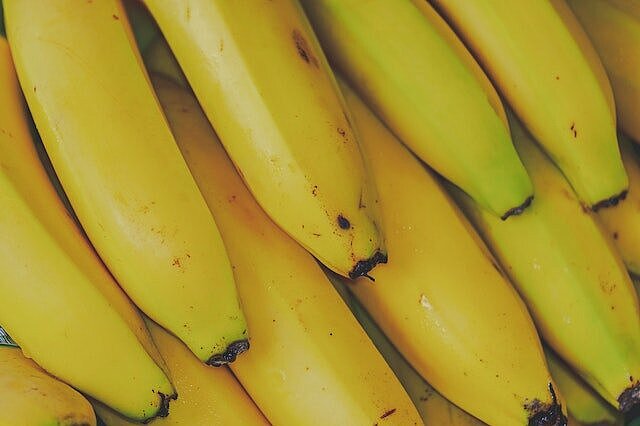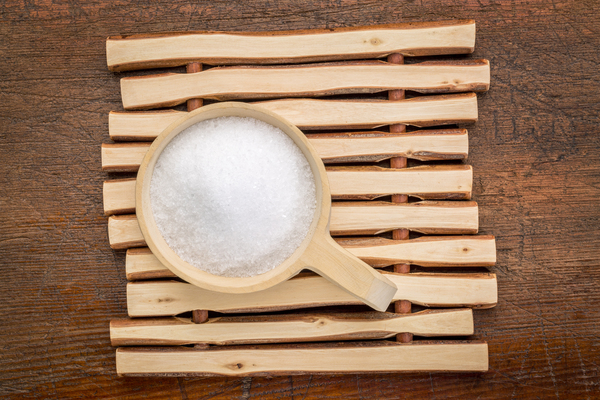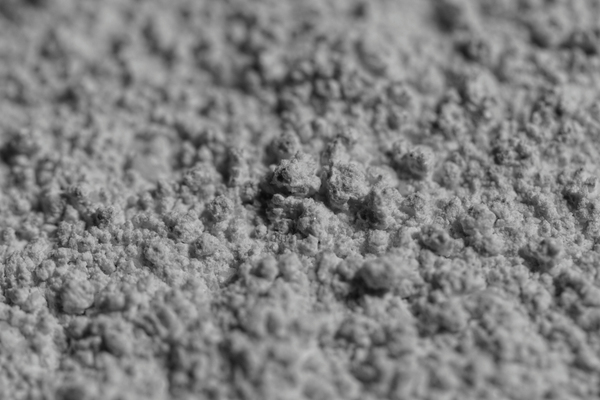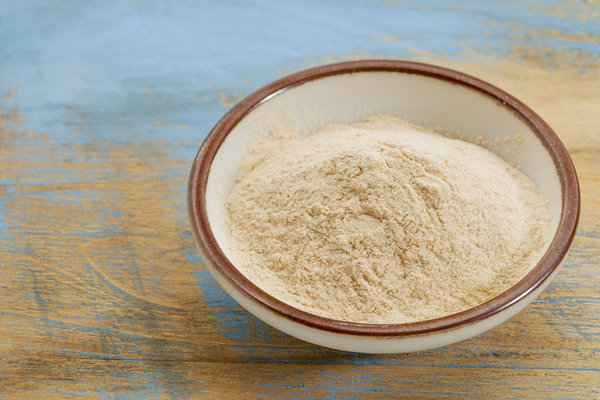Chloride
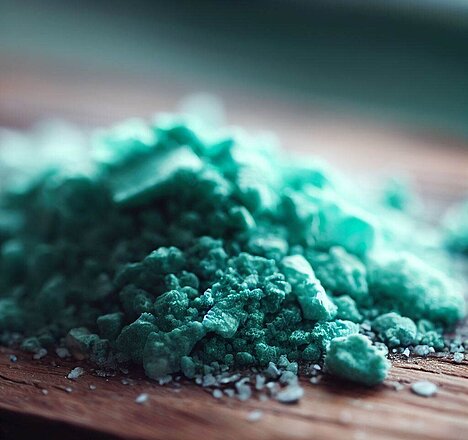
Chloride is a mineral that is essential for a dog's health. It is involved in many important functions in the body, for example the regulation of water balance, the formation of stomach acid and the transmission of nerve impulses. But how much chloride does a dog need and where does it get it from? And are there risks associated with an over- or undersupply? In this article you will learn everything about chloride in dog food.
Where does your dog get chloride from?
Chloride occurs in nature mainly as a component of salts, for example as sodium chloride (table salt) or potassium chloride. These salts are contained in many foods that you feed your dog or that he finds himself. Meat, fish, eggs and dairy products, for example, are good sources of chloride. Some vegetables such as carrots or celery also contain some chloride. Your dog can also get chloride from its drinking water.
How much chloride does my dog need?
The optimum amount of chloride depends on various factors such as your dog's age, weight and state of health. The intake of other minerals such as sodium and potassium also influences the chloride requirement. A general recommendation for healthy adult dogs is around 0.3 grams per kilogram of body weight per day. For a 10 kg dog, for example, this means a daily intake of around 3 g of chloride.
What happens if there is an oversupply or undersupply of chloride?
A balanced diet with high-quality dog food should normally provide the dog with sufficient chloride. In certain situations, however, an oversupply or undersupply can occur. For example, vomiting, diarrhea or heavy sweating can lead to a loss of fluids and electrolytes. Certain illnesses such as kidney or heart problems can also disrupt the dog's water and salt balance.
An excess of chloride can lead to hyperchloremia, an increased level of chloride in the blood. This can lead to symptoms such as thirst, loss of appetite, lethargy or muscle weakness. A chloride deficiency can lead to hypochloremia, i.e. a low chloride level in the blood. This can lead to symptoms such as cramps, tremors or shortness of breath.
If you suspect that your dog has too much or too little chloride in his blood, you should definitely take him to a vet. They can carry out a blood test and initiate appropriate treatment if necessary.
How can I optimally supply my dog with chloride?
To provide your dog with an optimal supply of chloride, you should give him a high-quality dog food that is tailored to his individual needs. Pay attention to the manufacturer's instructions for the recommended amount of food and, if necessary, adjust this to your dog's age, weight and activity level.
You should also make sure that your dog always has enough fresh water available so that it can regulate its fluid and salt balance. If your dog sweats a lot or has diarrhea, you may need to give him a little more water.
However, you should not give your dog extra salt or other chloride-containing supplements unless your vet has recommended it. Too much chloride can put a strain on the kidneys or heart and increase blood pressure. Too little chloride can also be harmful and lead to a lack of stomach acid or a disturbed acid-base balance.
Chloride is an important mineral for your dog, which he absorbs through his food and water. A balanced diet with high-quality dog food should normally provide your dog with sufficient chloride. However, certain illnesses or disorders of the water and salt balance can lead to an oversupply or undersupply, which can have serious consequences.
If you notice any signs of hypersensitivity or poisoning in your dog, you should see your vet immediately. We are not a substitute for a vet, but we try to be as accurate as possible. Every dog reacts differently and we recommend you get a second opinion or consult your vet if in doubt.
Stay healthy and take good care of your four-legged friend!😊
Similar to Chloride
Your dog's potassium requirement depends on various factors, such as its age, size, health and activity level. A general recommendation is that an adult dog needs about 1 to 2 milligrams of...
The optimum magnesium intake for dogs depends on various factors, such as your dog's age, weight, activity level and state of health. It is therefore difficult to give a general recommendation....
Calcium is a chemical element that occurs naturally and is found in many foods. Calcium is primarily responsible for building and maintaining bones and teeth, but it also has other important...
Phosphorus and calcium interact closely with each other. Too high or too low an intake of one of the two minerals can disturb the balance and lead to health problems. Too much phosphorus can...
